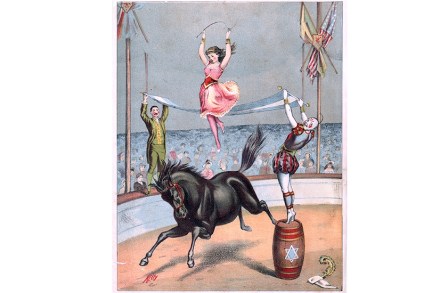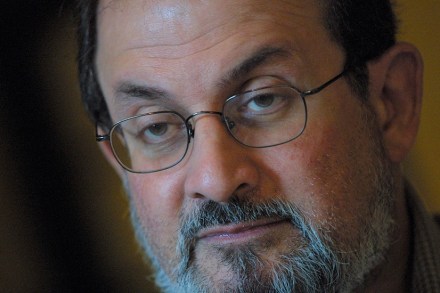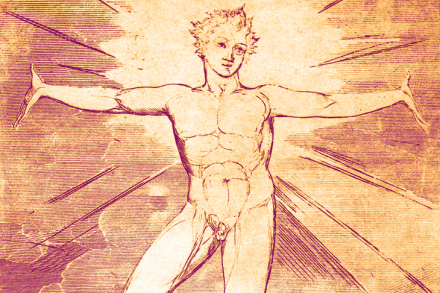As circus gets serious, is all the fun of the fair lost?
What’s so serious about a red nose? How should we analyse the ‘specific socio-historical relations’ and ‘aesthetic trends particular to geographic context’ of the circus? How can we ‘codify’ equestrian performance in the ring? With the publication of The Cambridge Companion to the Circus, this artform has tumbled out of the Big Top and into the library and lecture hall. It’s a recent arrival to lofty, learned spaces. When Vanessa Toulmin of Sheffield University, widely regarded as the world’s leading expert on circus and fairground history, first ventured into academia, she did so under the guise of an ‘early film historian’, as circus wasn’t regarded as worthy of study. Now














